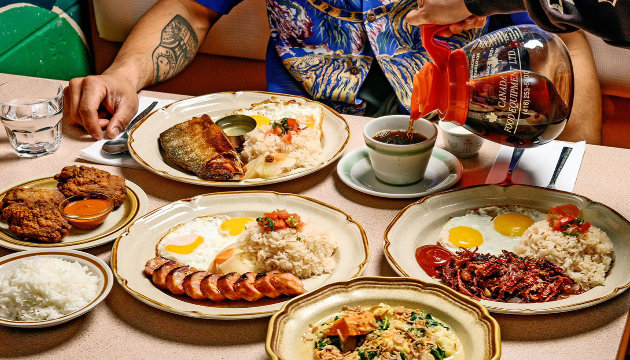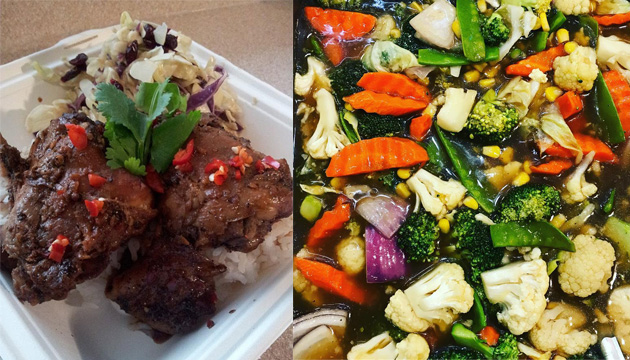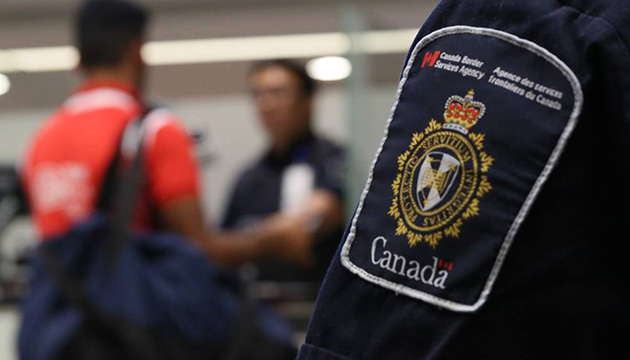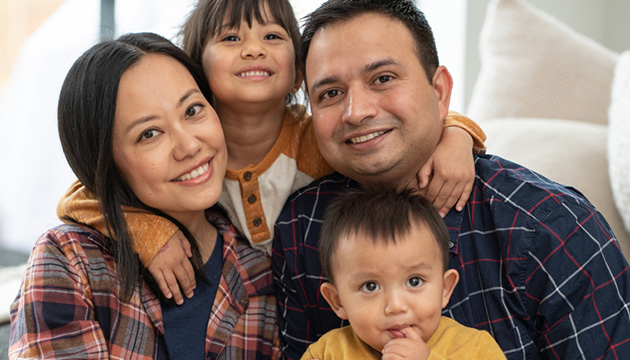June 2019 is a special month for Canadian Filipinos.
For the first time in Canada, Filipino Heritage Month is being celebrated across the country.
It’s a pivotal moment for Canadians who trace their roots, either wholly or in part, to the Philippines.
In less than a century of migration to Canada, which occurred mostly in the last few decades, Filipinos are now fully recognized as a key part of a country that prizes diversity as a source of its strength.
We’ve finally arrived.
Accounts differ on when Filipinos started moving to Canada. According to an account, Manitoba recorded the presence of 10 Filipinos in 1950.
As of the last Census in 2016, Filipinos comprise more than two percent of the country’s total population, numbering a total of 837,130.
Filipinos are found coast to coast, with the urban centres of Toronto, Vancouver, Winnipeg, Calgary, and Montreal hosting the biggest numbers.
While it is often said that life in Canada has been good for Filipinos, it is not always emphasized that they help the country prosper economically.
It is worthwhile to revisit a piece written in 2013 by Eleanor and Aprodicio Laquian for the Asia Pacific Foundation of Canada.
“If one assumes that Philippine society had ‘invested’ about $1,825 per year in feeding, housing, clothing, educating and training each Filipino until migration to Canada at age 35 (approximately $63,875 per person of working age), then about $255.5 million in human capital had been contributed by the Philippines to Canada as of 2012,” wrote Eleanor and Aprodicio in ‘The Tagalog Connection: The Human Side of Canada-Philippines Relations’.
According to Eleanor and Aprodicio, who are the Editor and Founding Editor, respectively, of Canadian Filipino Net, this is a “significant gift to Canada”.
Canadian Filipinos may sometimes feel stumped when asked by a non-Filipino about what it means to be a Filipino.
Coming from a nation whose geography is made up of thousands of islands, and where at least 170 languages, based on one count, are spoken, where does one begin, really? And please, don’t even get one started on what is Filipino food.
But perhaps that’s precisely the beauty of it all.
Filipinos come from and partake in a bounty of traditions, culture, and ethnic backgrounds. It is therefore not surprising that they readily embrace such Canadian concept of diversity. The idea of living in harmony amidst a multiplicity of identities has been hardwired into their DNA as a people.
And it’s because there’s way more than just one way to show what it means to be a Filipino, we have so much to share with others, whether they’re non-Filipinos or Filipinos as well.
Now that’s a mighty good reason to be proud.
By the CFNet Editorial Board
Contact us at:










